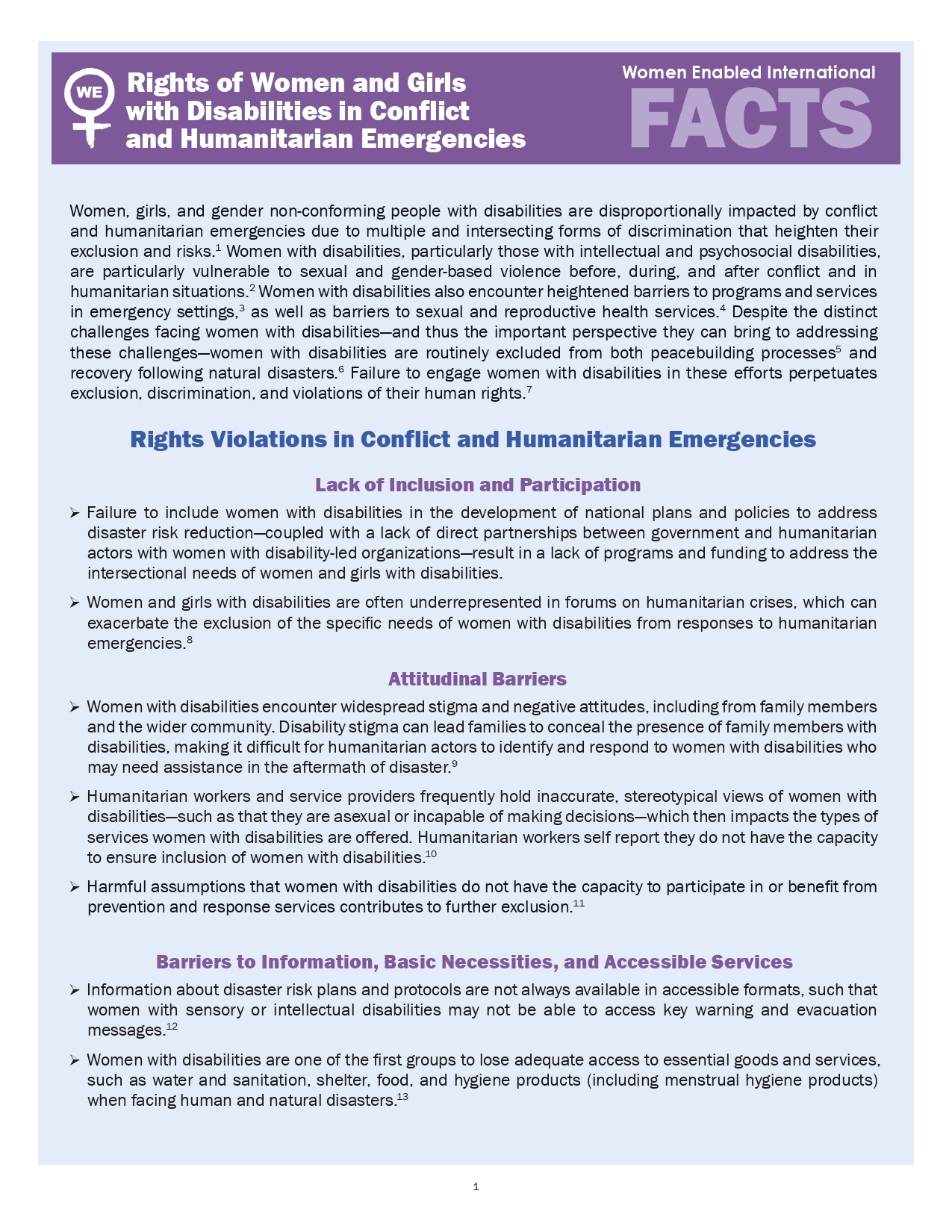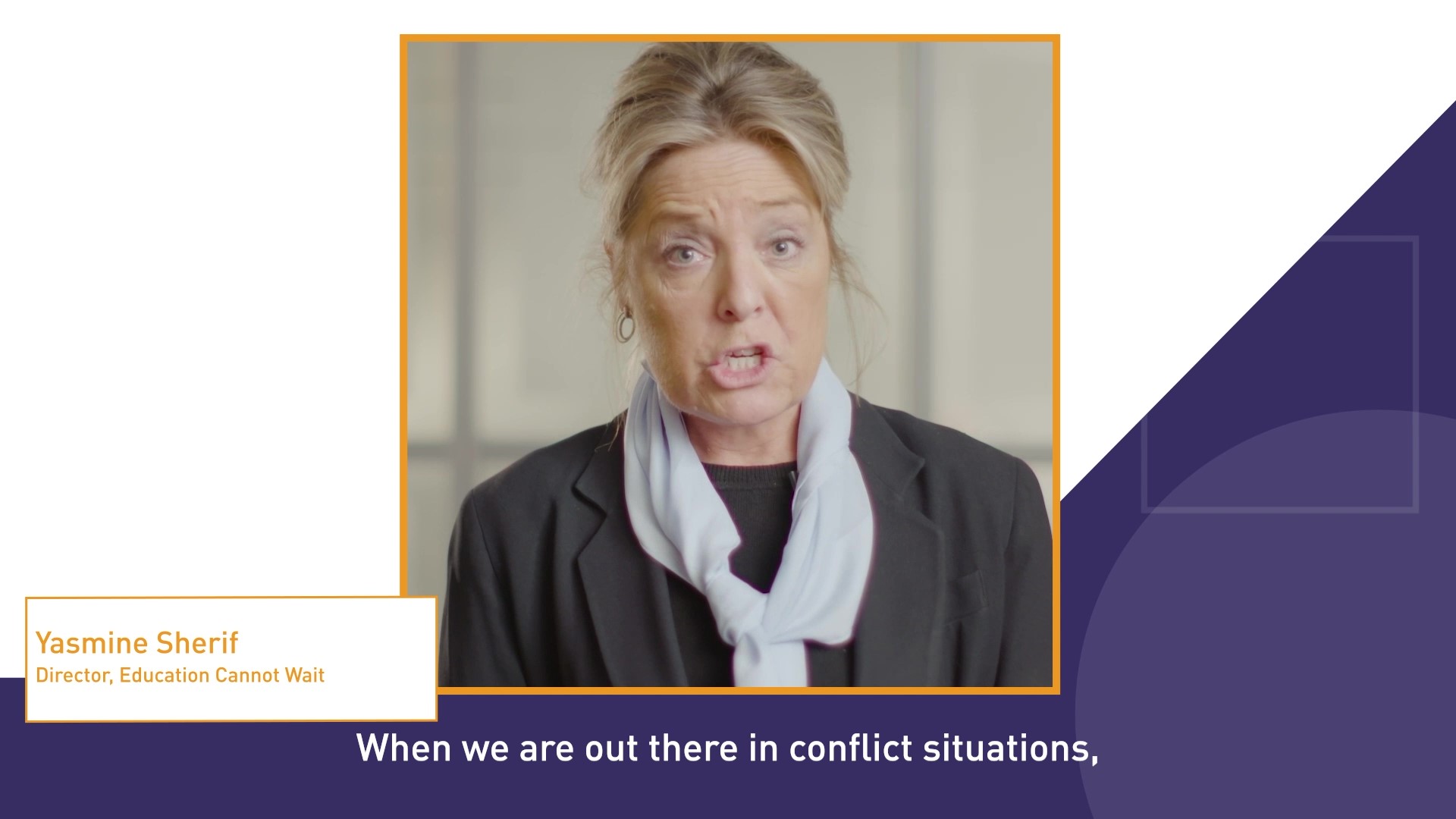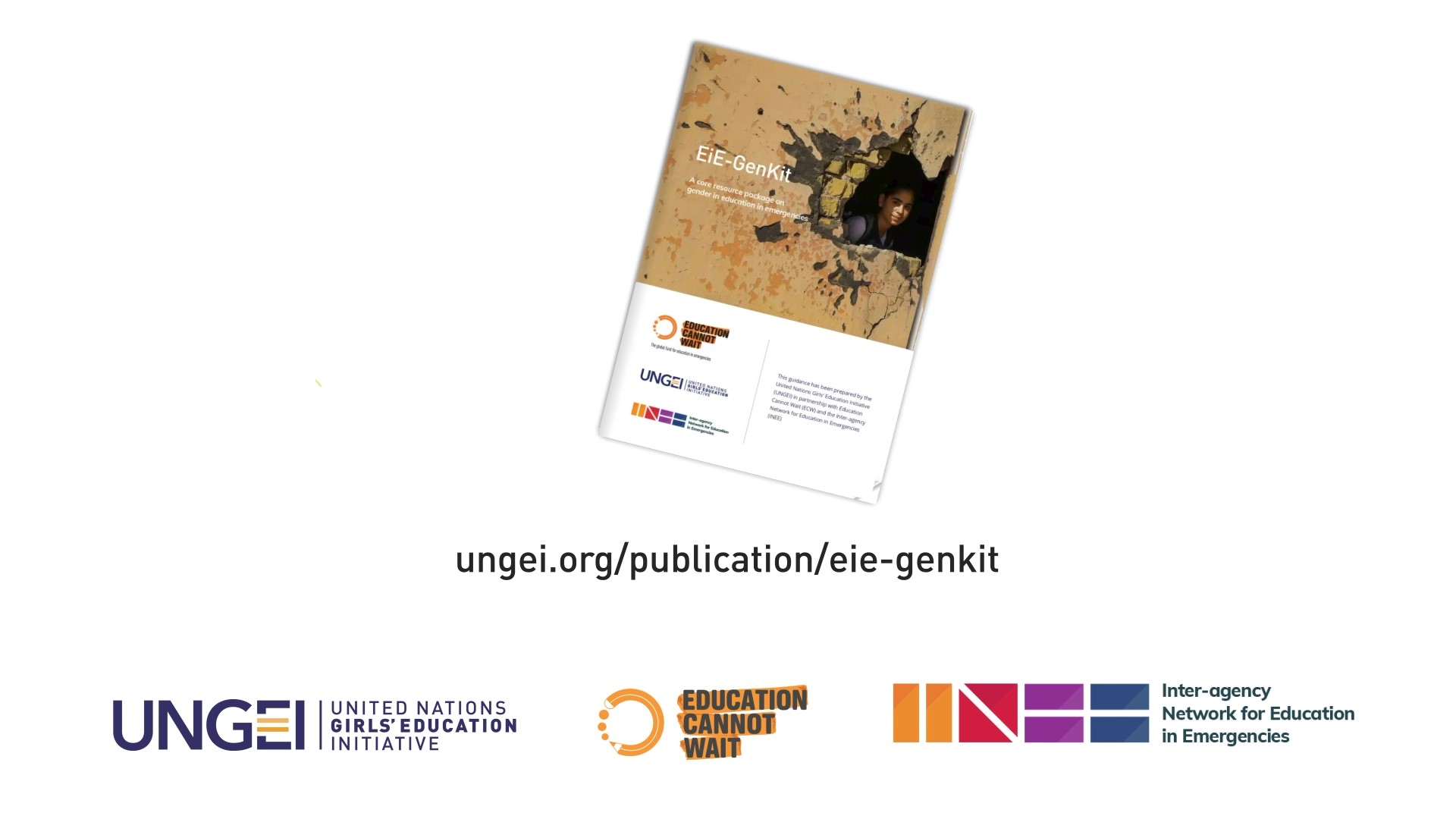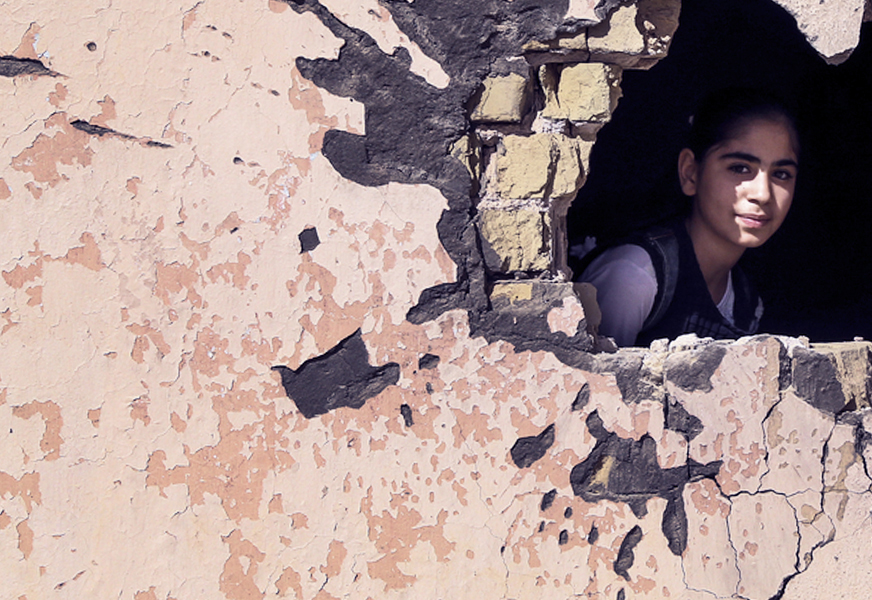Knowledge Hub
Learning and resources on gender in education

Rights of Women and Girls with Disabilities in Conflict and Humanitarian Emergencies
Women, girls, and gender non-conforming people with disabilities are disproportionally impacted by conflict and humanitarian emergencies due to multiple and intersecting forms of discrimination that heighten their exclusion and risks. Women with disabilities, particularly those with intellectual and psychosocial disabilities, are particularly vulnerable to sexual and gender-based violence before, during, and after conflict and in humanitarian situations. Women with disabilities also encounter heightened barriers to programs and services in emergency settings, as well as barriers to sexual and reproductive health services. Despite the distinct challenges facing women with disabilities—and thus the...
Women, girls, and gender non-conforming people with disabilities are disproportionally impacted by conflict and humanitarian emergencies due to multiple and intersecting forms of discrimination that heighten their exclusion and risks. Women with disabilities, particularly those with intellectual and psychosocial disabilities, are particularly vulnerable to sexual and gender-based violence before, during, and after conflict and in humanitarian situations. Women with disabilities also encounter heightened barriers to programs and services in emergency settings, as well as barriers to sexual and reproductive health services. Despite the distinct challenges facing women with disabilities—and thus the important perspective they can bring to addressing these challenges—women with disabilities are routinely excluded from both peacebuilding processes and recovery following natural disasters. Failure to engage women with disabilities in these efforts perpetuates exclusion, discrimination, and violations of their human rights.


